The profession chose me
8:30 am on a late autumn day, the weather was chilly, drizzling... As promised, I went to Hospital 09 ( Hanoi Hospital for HIV/AIDS Care and Treatment), where nurse Ly Thi Thu had worked for nearly two decades. As soon as I met her, Thu smiled gently, her voice hoarse: "You're here... Yesterday I was on night duty, there was a serious patient that needed emergency treatment...".
Thu slowly told about her time working as a nurse at Hospital 09. Starting from 2008, every day, Thu still went back and forth from Son Tay to Hospital 09: "I left home at 5am in the morning and didn't get home until 8-9pm at night. There were days when the bus broke down, there was a traffic jam, I had to get off the bus and walk a long distance. When I got home, my child was already asleep. There were times when I felt sorry for myself, but then I thought: I've chosen this career, so I have to go all the way."
Early bus rides and late afternoons amidst the hustle and bustle of people seem to have become Thu's familiar rhythm of life. Many times, as soon as she got off the bus, Thu hurriedly ran into the department to change her blouse and continue her shift. "There were many days when I didn't have time to eat breakfast, only had time to quickly drink a glass of water, but thinking about the patients waiting, I felt like I had more strength to work," she said.
Nurse Ly Thi Thu.
At first, when they found out that Thu was working at a hospital specializing in treating HIV/AIDS patients, her family strongly objected. "My parents were worried and told their daughter to find a place where she could work easily, because it was dangerous and contagious... But I still hid it and quietly went to work; working and studying at the same time. Later, when they found out that I was determined to stay, everyone gradually accepted and supported me."
Thu's husband works in the army and is often away from home. There were times when Thu had to go to work and take care of two small children at the same time. Every day, Thu had to wake up at 4:30, cook porridge, then send the children to their grandparents, then rush off to work. In the evening, she would cook, do laundry, clean, and sometimes work until 10 pm. "Many times when the children were sick and cried and wouldn't stop, I could only comfort them and cry along. Thinking back now, I don't know how I overcame it...", Thu laughed.
The nursing salary is not high, there is no additional income, but: "It is really hard, but every time I see a patient get well, walk a few steps by themselves, or simply smile, I feel relieved. There are people who were desperate when they first entered the hospital, but after a few months of treatment, they know how to take care of themselves, know how to say thank you. That is enough to make me happy."
It seems that for Thu, nursing is not just a profession, but a way of life, living for others, for compassion and sharing. Over the years, the nurse's journey still begins with the early morning bus ride and ends with the late night light in her small house. But it is in those silent hardships that Thu finds the meaning of her chosen profession, a profession that seems to have also "chosen" Thu, with love and kindness.
"Here, there are few happy memories, and even less laughter," Thu said, her eyes dark after the night shift, her hands still smelling of antiseptic. Her voice hoarse, Thu said slowly, "Everyone who works here has the same feeling, both love and fear. No one dares to say they are not afraid, because every day they face the risk of infection. But if we let fear overwhelm us, no one can survive."
Thu said that working in such a special environment, nurses must train themselves to have a spirit of steel. "The more worried, the more careful. We must learn to protect ourselves in every smallest action. There are colleagues who have contracted tuberculosis from patients, some have had exposure incidents, all of which make us more vigilant. But once we choose to stick with it, it means we have to accept it, accept to live with that risk."
In the first days of work, Thu was taught enthusiastically by her seniors, who passed on their experience and perseverance. But talking is one thing, but when she was on duty alone at night, facing a dying patient, or witnessing a death right before her eyes, she understood how challenging this job was: "Once a patient died at night, I cried while doing the paperwork. It was so sad, because in the end, they still only had medical staff by their side."
Working as a nurse in this special place, Thu understands that she is not only a professional, but also a friend and relative of abandoned people. "Many patients come here with nothing, no relatives, no property. The government has provided a lot of support in treatment, but for these patients, they really need the care and attention of their families. It's just a pity that most of them don't have that," Thu's voice seemed to choke up, sinking, the corners of her eyes red when mentioning old memories.
"Patients who come to the hospital are often in very special circumstances: abandoned by their families, with no one to rely on, many of them are in the final stages. Here, we can only try to take care of them to the best of our ability, to ease their pain and make them less lonely," the nurse shared.
For nearly 20 years, nurse Ly Thi Thu has cared for HIV/AIDS patients with love and responsibility despite always facing risks and pressures...
In the early years, Hospital 09 was a simple treatment area with patchy walls, lacking equipment and human resources, but with a large number of patients. Patients who came here carried not only the HIV virus but also fear, inferiority complex and stigma. "There is one case that I will always remember," Thu slowly recounted, her voice mixed with a sigh:
"At that time, I had been working there for just over a year. There was a very young male patient, only in his twenties, about the same age as me, with a handsome, scholarly appearance... L. had late-stage AIDS, his body was skinny, pale as a leaf, and he was admitted to the hospital with no one by his side."
L. was gentle, often sitting quietly in the corner of the bed. In her free time, Thu often asked L. He said he just wished to go home, to see his mother and relatives again, but it was too late.
That day, after checking each patient's room, the on-duty officer saw that it was mealtime but L. was still wandering around the room, holding a pack of instant noodles. When asked, it turned out that L. had no money to eat.
"I felt so sorry for him, so I took out 20,000 VND from my pocket, which at that time was enough for a new nurse to buy a meal, and gave it to L. to buy something to eat," Thu recalled. "Who would have thought that night, L. died in a sitting position, as quiet as her own life. Before that, she was still smiling and talking normally. When I found out, my tears just flowed. At the same age as me, but leaving so alone...", Thu said this was the first time she cried for a patient. She cried not because of fear, but because of pity. Pity for a life that had to leave this world in silence, without relatives, without a hand to hold.
Here, caring for HIV/AIDS patients is always full of danger and pressure. Many patients, in addition to HIV/AIDS, also have mental illness and erratic behavior, making care much more difficult. There are times when doctors and nurses are attacked by patients, or when taking blood or administering IV fluids, patients do not cooperate, jerk their hands, pull the IV line, and blood splatters everywhere... Once, Thu's shift received a patient with a mental disorder who had a lot of resentment towards his family. When his request was not met, the patient suddenly used a razor blade to cut himself, causing blood to flow everywhere.
"The patient screamed, ran all over the hallway, blood stained the floor and walls... Even calling security couldn't help, so the head of the department had to step in to help. After the patient calmed down, we were able to approach, wash the wound, and bandage it...", she recalled.
The blood of HIV patients is not like normal blood, every drop carries a risk. But in the midst of the chaos, medical staff like Thu and her colleagues had to stay calm, both keeping themselves safe and saving the lives of the patients. That whole night, Thu personally cleaned up every trace of blood, washing each towel in a bucket of red water: "That scene still haunts me. Outsiders said we were "brave", but in fact, at that time, no one had time to think much, just knew that we had to do it, because if not, the patient could be in danger."
But after those sleepless nights, medical staff like Thu still did not leave, persevering with a simple belief: "If we don't do it, who will help them overcome it?"
Unnamed Reward
Now, the awareness of the community and patients has changed, much more positive. Thanks to regular ARV treatment, the viral load is controlled, many people with HIV can still live healthy, work, get married and have children safely. Thu's voice is much happier when talking about babies born to parents who once had the disease: "I used to take care of many couples who were both HIV-infected. Now they have children, the children test negative, healthy. Every time they bring their children for a routine check-up, I am so happy that I cry."
Thu remembers a young couple who were once rejected by their family and had to live temporarily in a damp rented room. Thanks to treatment and psychological counseling, they gradually stabilized and decided to have a child. "The child is now almost 10 years old, healthy and smart. When I look at them, a complete family, I understand that the years I spent here were not in vain," Thu emotionally recounted.
"Ma'am, my child has all the transfusions…". Our conversation was interrupted by a woman around 70 years old, the mother of patient Nguyen Nhu M. ( Phu Tho ). M. was transferred to the Internal Medicine Department in a state of acute kidney failure, severe malnutrition, difficulty walking, unable to eat or drink anything… But after a few days of treatment and care at the hospital, M.'s health has improved a lot. "My child can walk lightly around the room and eat better", Mrs. Tran Thi H., M.'s mother shared happily.
Perhaps, this is the greatest reward for a nurse like Thu, a nameless reward, without a medal, but enough to make all sacrifices worthwhile. For Thu, the "reward" is not in the certificate or title, but in the grateful eyes of the patient, the smile of a healthy child and the belief that each day spent here is a day of sowing another seed of hope in life.
I hope one day society will eliminate prejudice against people with HIV.
What still bothers Thu is the prejudices that cannot be completely eliminated. People with HIV can now be treated and live like everyone else. They can go to work, raise children, and contribute to society. But the wary looks and invisible distance still hurt them. How can the community understand and love the sick more? Because when there is sympathy, they will have more faith to live better and more decently.
After nearly two decades working at Hospital 09, Thu still travels back and forth on the long bus between the two ends of the city, still spends sleepless nights by the hospital bed, has late meals after her shift... Sometimes she feels tired and wants to give up, but thinking of the patients who no longer have anyone by her side, Thu tells herself: "I have to try a little harder!" So, until now, that nurse still chooses to stay with the patients who once made the whole society fear and avoid her.
In the midst of "memories without laughter", nurse Ly Thi Thu still quietly sows hope, with her hands, heart and determination of someone who has chosen to live her life to the fullest with her profession. For Thu, simple happiness is just seeing patients live another peaceful day.
Source: https://suckhoedoisong.vn/giu-lai-su-song-cau-chuyen-cua-nu-dieu-duong-o-noi-khong-ai-muon-den-169251106192636176.htm





![[Photo] Heavy damage after storm No. 13 in Song Cau ward, Dak Lak province](https://vphoto.vietnam.vn/thumb/1200x675/vietnam/resource/IMAGE/2025/11/08/1762574759594_img-0541-7441-jpg.webp)




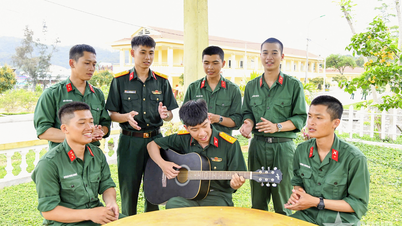


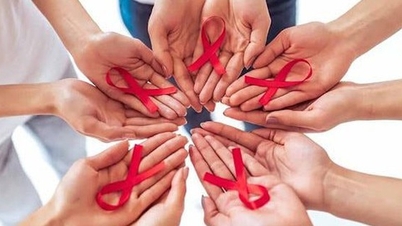


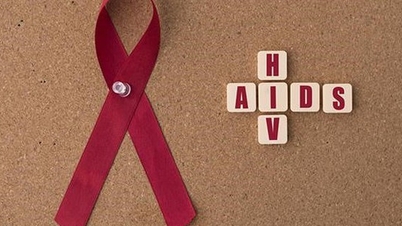





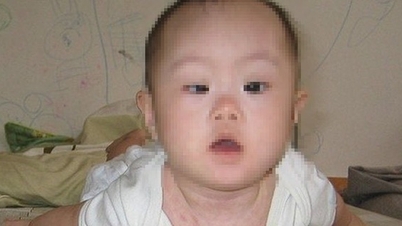


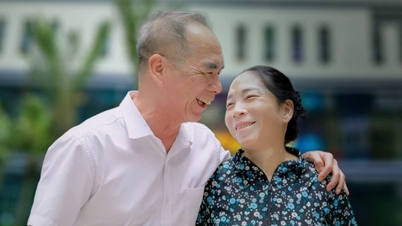














![[Video] Hue Monuments reopen to welcome visitors](https://vphoto.vietnam.vn/thumb/402x226/vietnam/resource/IMAGE/2025/11/05/1762301089171_dung01-05-43-09still013-jpg.webp)






























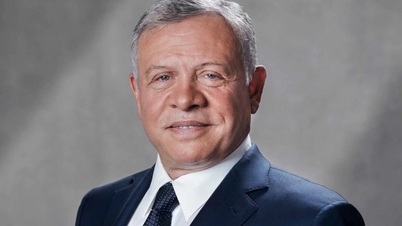

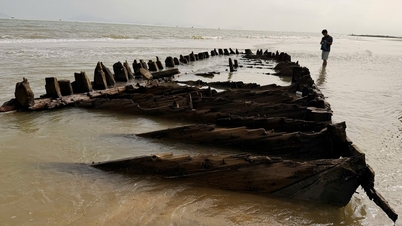
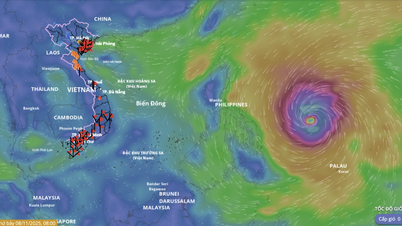
















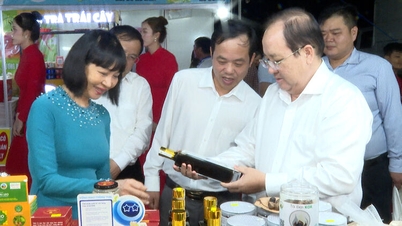

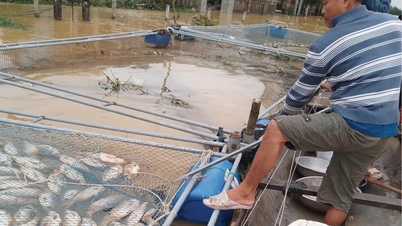











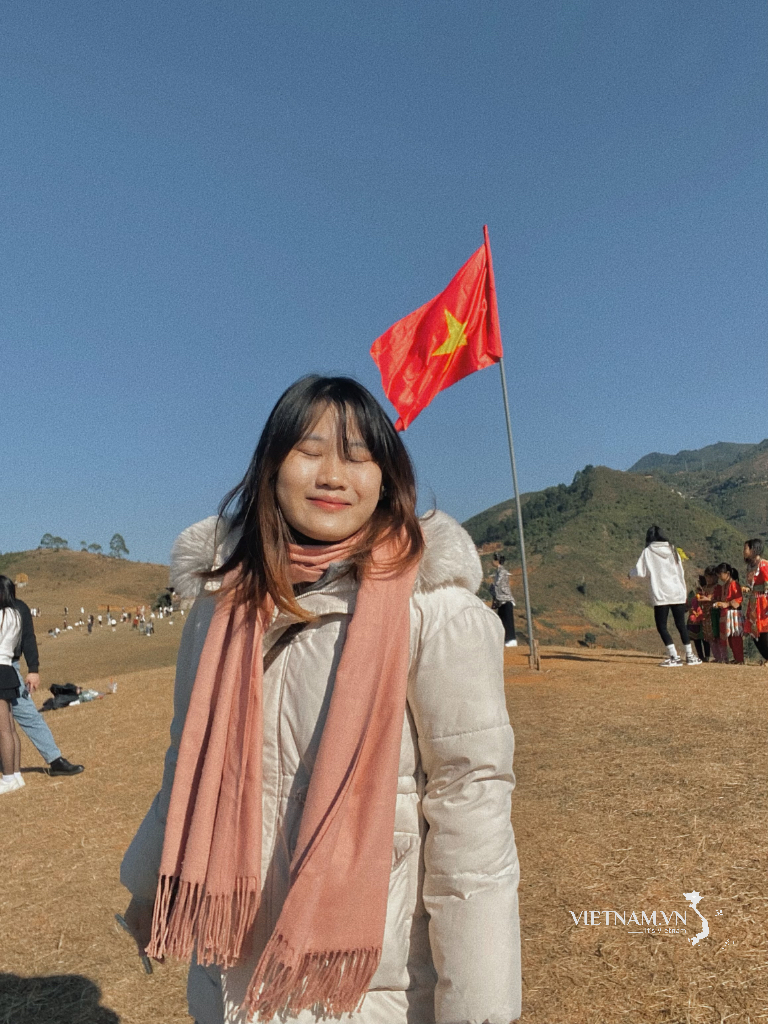


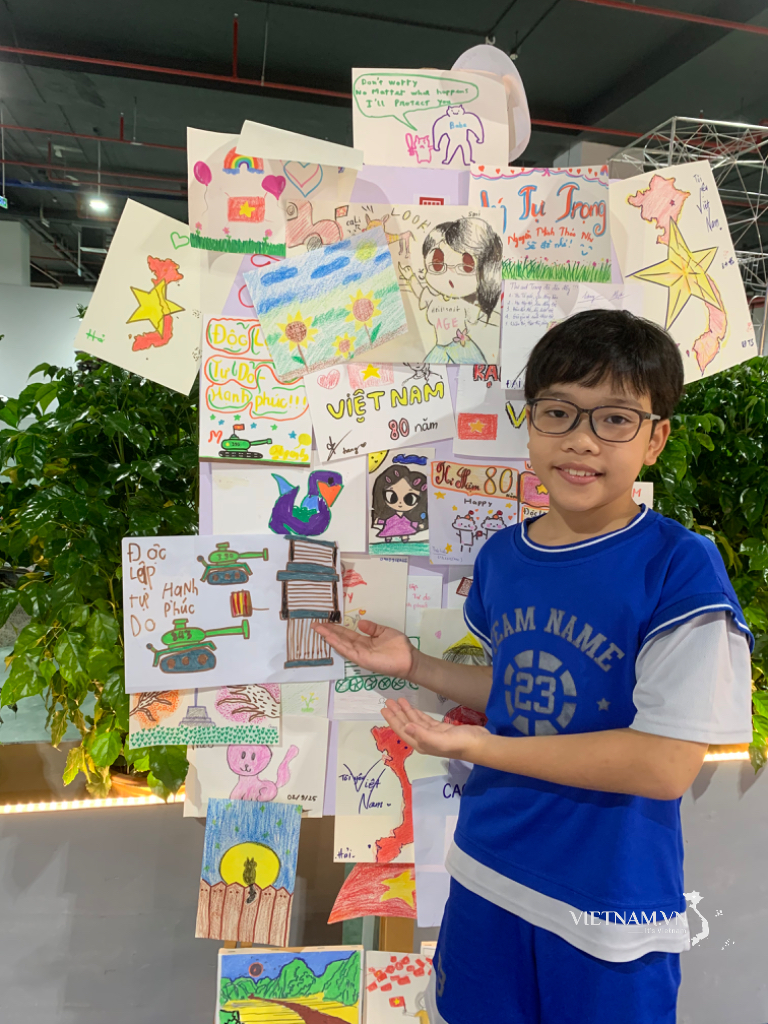
Comment (0)